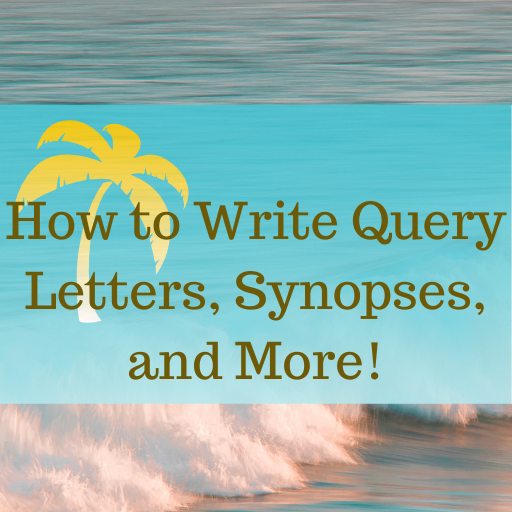3 Query Letter Must-Haves
What are the essentials needed in a query letter? These query letter must-haves are the most important pieces a query letter needs.
Tips for Query Letter Must-Haves
In the course of my work (as an agent, as an acquisitions editor, now as a publishing consultant, I have found that writers often overlook a few important items in their queries:
- Say what your story is about in a couple of sentences, not in fifteen paragraphs. For fiction, who are your main characters, why should we care about them, and what is the main conflict of the story? For nonfiction, what category are you writing in, who is your audience, what other books are like yours, and why are you the right person to write the book? Tell this concisely.
- What is the title of your book? People forget to give this! This is the hook that people will remember you by, so don’t forget to mention it.
- What’s your name? Include your actual name in your email. I used to get emails from addresses like qrst@gmail.com but the writer never signed their email, so I had no idea who was writing to me. And I had no idea how to respond to people who didn’t give their names. Who you are should not be a secret.
Course Description: How to Write Query Letters, Synopses, and More!
How to write query letters, blurbs, pitches, and more. This four-lesson, self-paced class is meant for novelists who are interested in pursuing a traditional publishing path that requires query letters, synopses, and other author collateral.
You’ll learn how to write:
- query letters
- elevator pitches for conference or online pitch sessions or for talking about your book with potential readers
- blurbs—those brief book descriptions that go on the back of the book or in the online book listing/catalog
- pull quotes—quotes from the book that authors use to help promote the work on social media
- author bios, both brief bylines for use in marketing/promotion and longer “about the author” bios that go in a press kit or on a website
The course materials discuss the purpose of each of these items, what those reading/reviewing them are looking for, and how to fine-tune your work to make it as compelling as possible. Exercises with answer keys are included to help you practice the techniques described.
Tips for Editors & Writers
-
Get the Support You Need
How do you get the support you need as a writer? Well, here’s how to know when it’s not the support you need. Get the Support You Need: A Little Horror Story When I was an acquisitions editor, I heard from an author who wanted to pull her book from publication because her friends had…
Join the Club!
New to story editing? Begin at the beginning.



